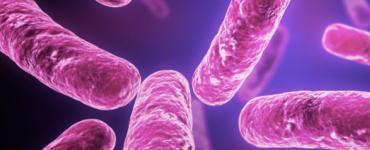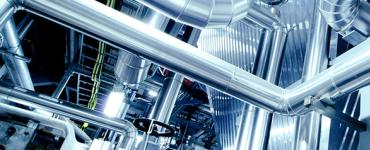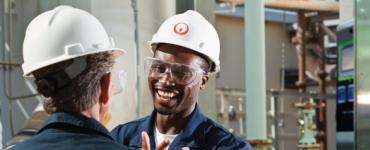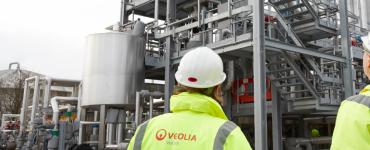- Home
- Latest News
- How to select the right water purity for your lab applications
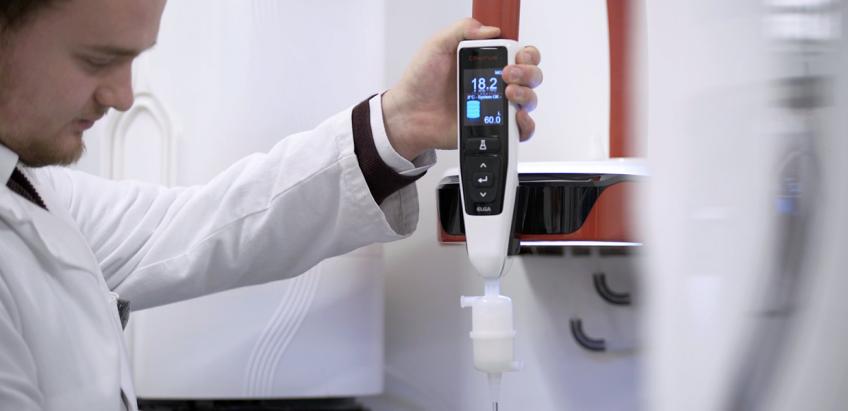
How to select the right water purity for your lab applications
Deionised water is water that has had almost all of its mineral ions removed, such as cations like sodium, calcium, iron, and copper, and anions such as chloride and sulfate. Deionisation is a chemical process that uses specially manufactured ion-exchange resins which exchange hydrogen ion and hydroxide ion for dissolved minerals, which then recombine to form pure water.
How do I select the right purity of deionised water?
Anyone who works on scientific projects will know just how important water is in the lab (and how tricky it can be to select the right purity for the type of work you are doing).
Water is used almost everywhere, from being a key reagent in your day-to-day experiments, tests and assays, to performing those'behind the scenes' functions like autoclaving, cleaning and water bath set-up.
Knowing exactly which type of water purity your particular application requires can take time to go away and research - time that could be better spent at the bench. To help you make the most of your valuable time, we've assembled this quick reference table enabling you to easily match your application with the required deionised water quality.
Deionised water from Veolia Water Technologies
Here at Veolia Water Technologies, we specialise in process water solutions and services for scientific, pharmaceutical, healthcare and manufacturing industries. We pride ourselves on offering innovative and environmentally friendly solutions to our clients. We have an extensive range of quality water treatment solutions including deionised water.
To discuss how we can create your ideal water solution, or for more information please get in touch.

